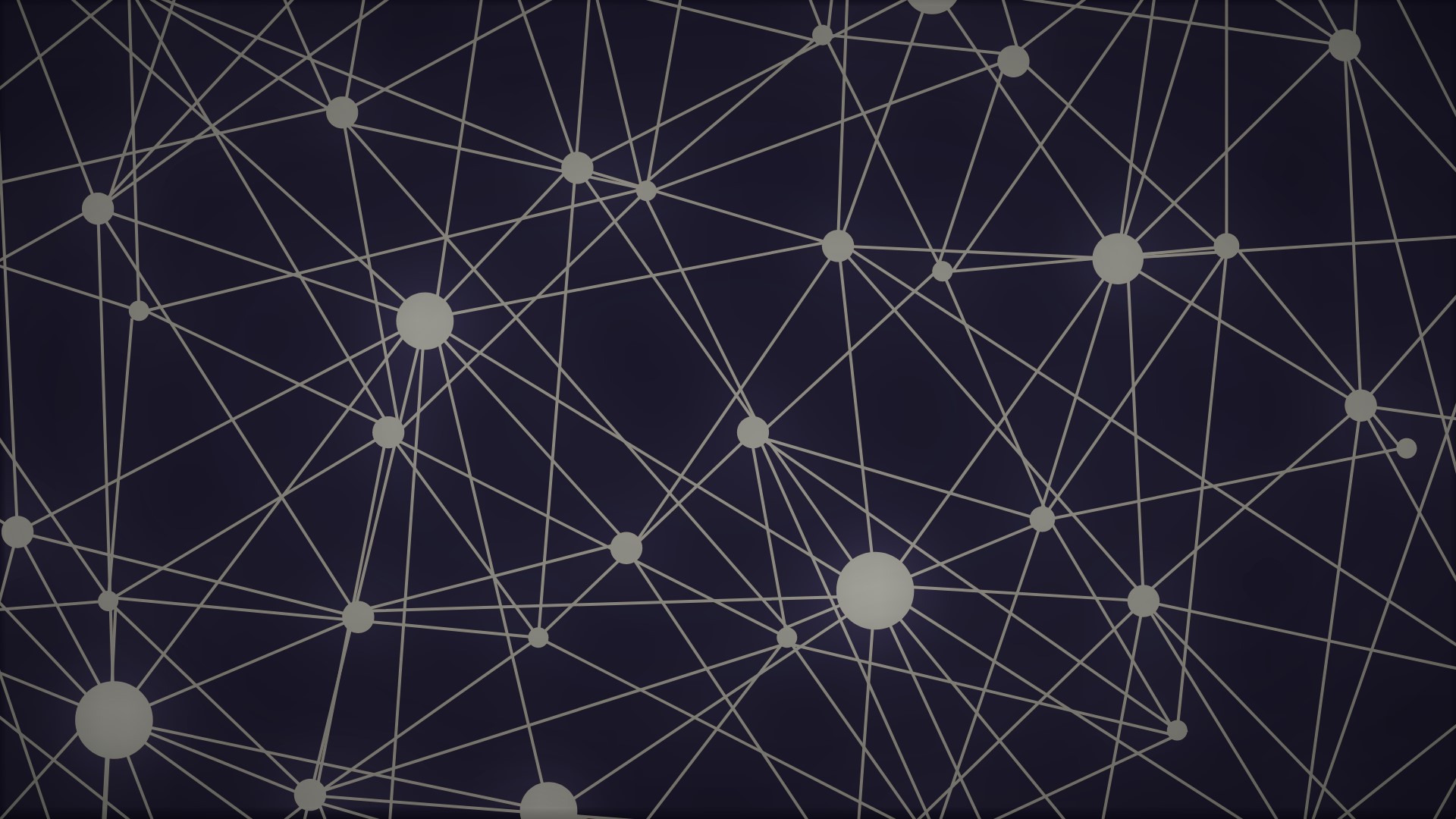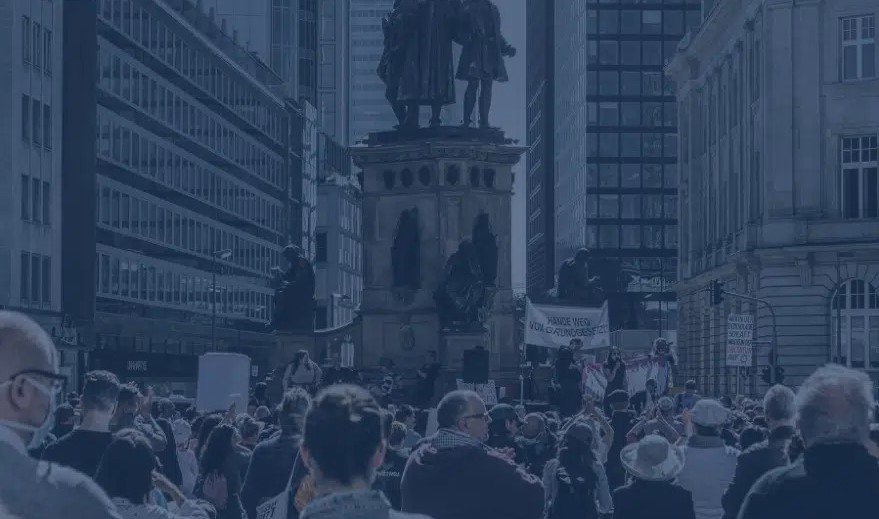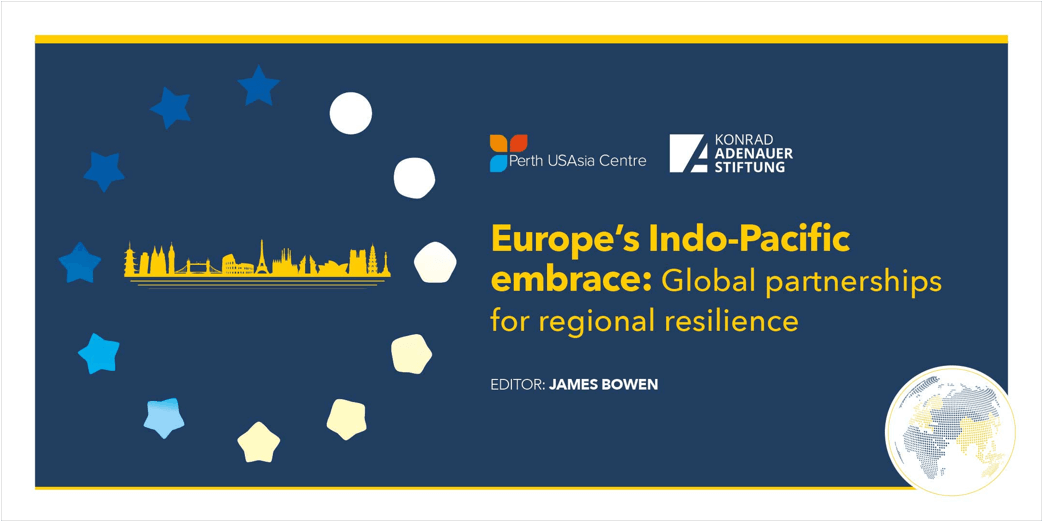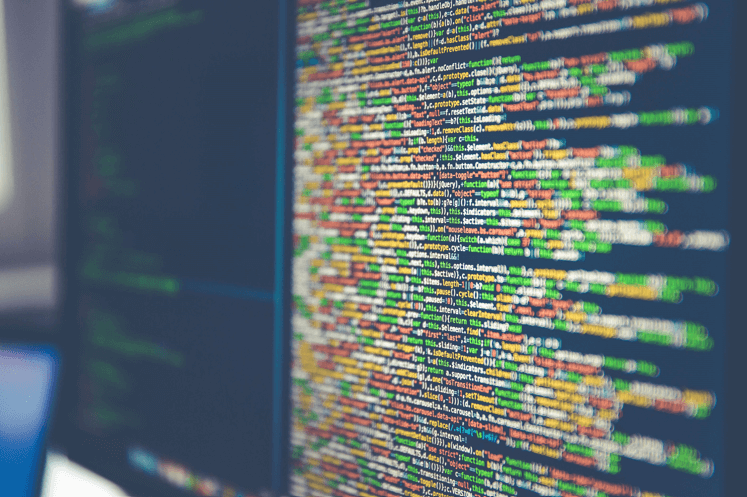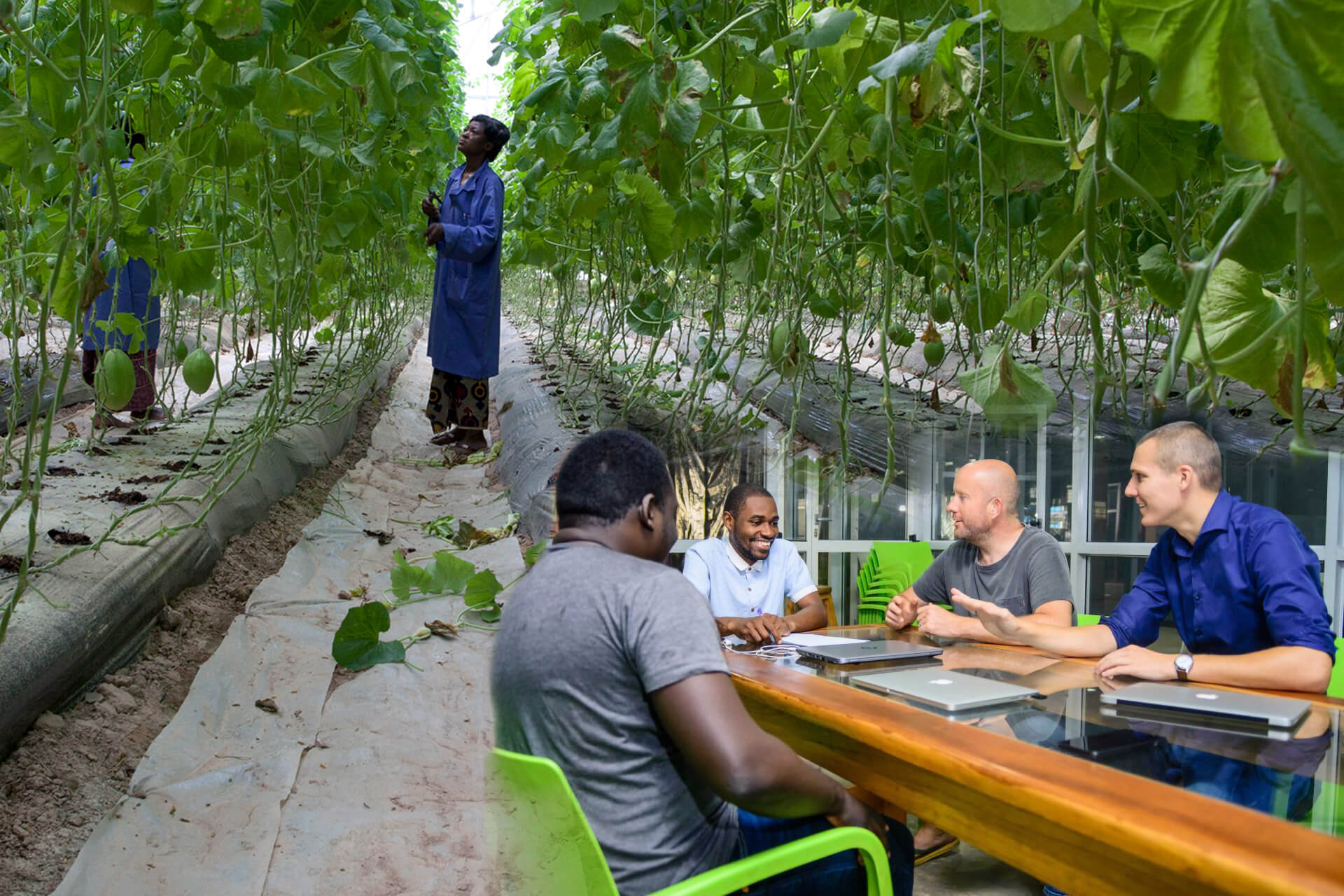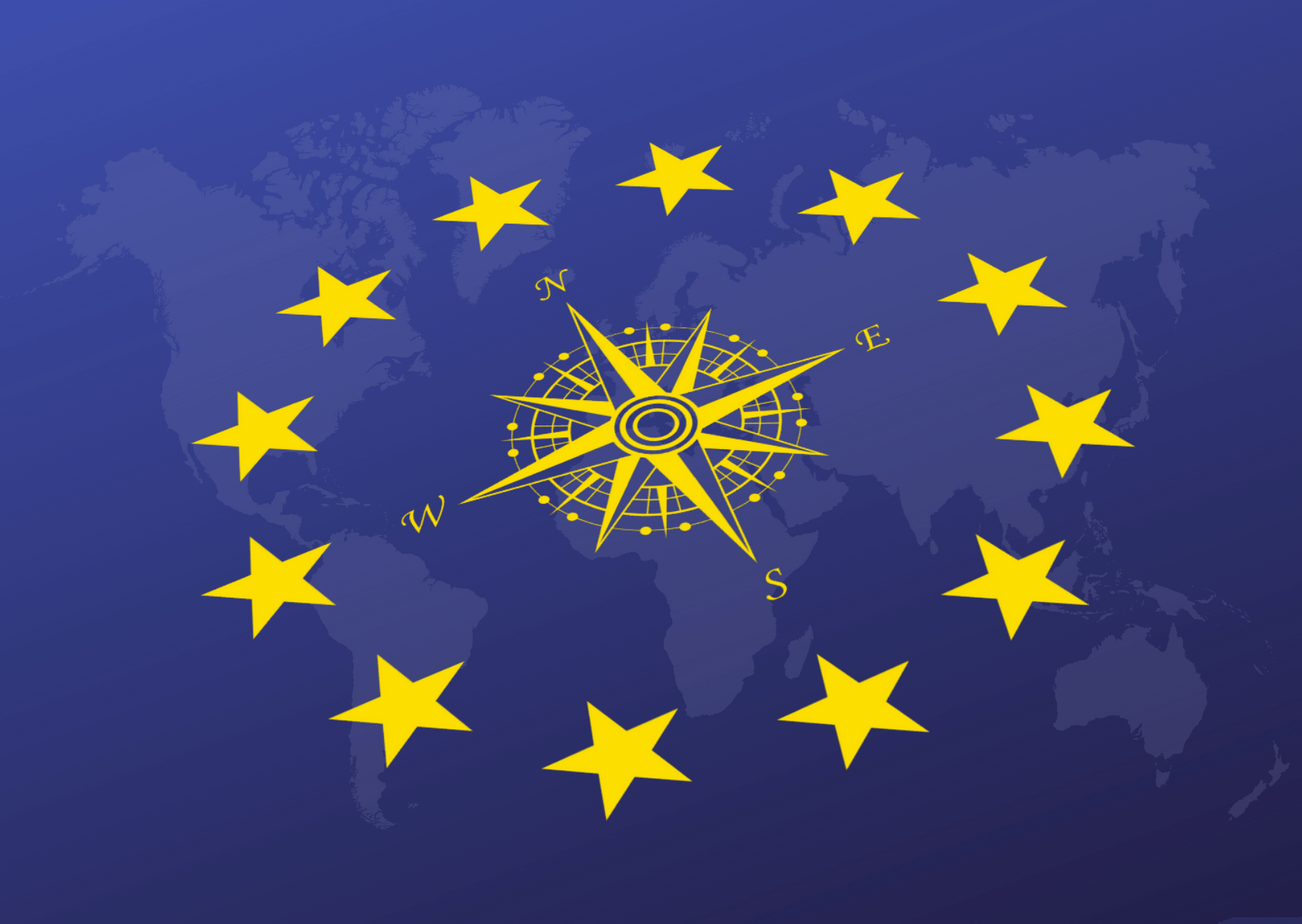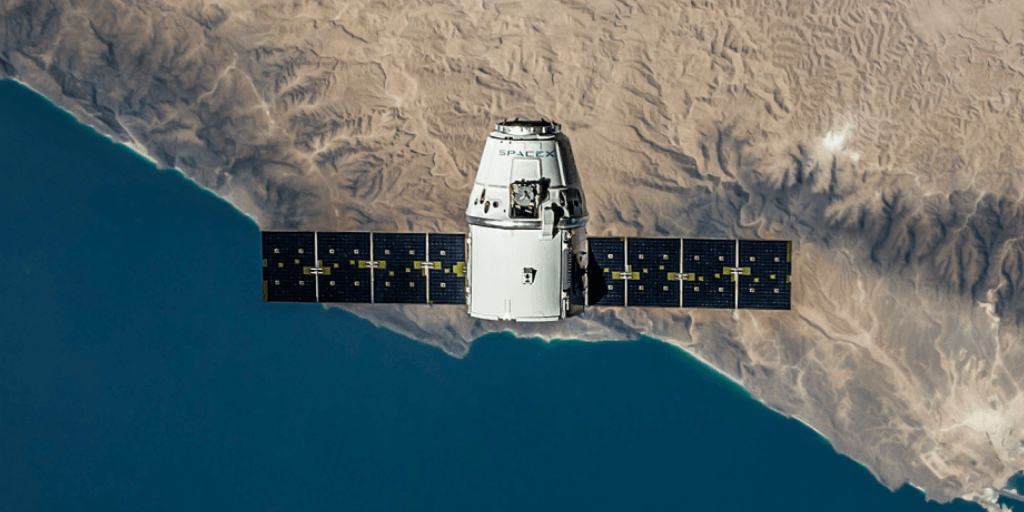The RRF as administrative subsidiarity
- Read more about The RRF as administrative subsidiarity
- Log in to post comments
When the corona crisis broke out, it was clear that eurozone economies were ill prepared for new setbacks. Put differently, the SGP had failed to produce convergence. The RRF offers an opportunity to reconsider the effectiveness of economic governance and to strengthen national ownership for sound economic policies. Despite its potential merits, the RRF was not designed to reinforce national institutions to monitor and correct their own economic policies.
Creating the required ownership for sound economic policies would have demanded empowering the independent National Productivity Boards (NPBs) and Independent Fiscal Institutions (IFIs), and integrating them in a redesigned independent network-based European Fiscal Board (EFB). The failure in 2020 to include the NPBs, IFIs and the EFB also implies a major break with the Fiscal Compact, Two Pack and Six Pack that aimed at empowering national institutions.
The RRF concerns a major financial commitment and could thus have been used as bargaining chip to strengthen the long-term reform measures by insisting on a subsidiarity-based European monitoring and enforcement system, including mutual inspections, and build around the nascent macroeconomic independent national and EU agencies. Such decentralized systems have proved their worth in successful European policy areas such as in monitoring the state of the environment in member states. This will have consequences for the organization of the EU Commission.
Using the lessons from the RRF to (forget to) strengthen national institutions is also relevant for redesigning the SGP. Firstly, redesigning the NPBs, IFIs and EFB will offer a suitable model for monitoring national policies as a replacement of the current centralized control under the SGP by the Commission. Secondly, the future development of the RRF and NGEU can be used as bargaining chip in the negotiations on the SGP.
The review of the SGP will involve adaptation of rules, reinstituting the ESM, and deciding on new emergency funds. The negotiations ahead offer opportunities and leverage for steering towards a pro-active and constructive role for the Netherlands in the elaboration of subsidiarity-based economic governance.
Authors
Adriaan Schout, Senior Research Fellow at the Clingendael Institute



